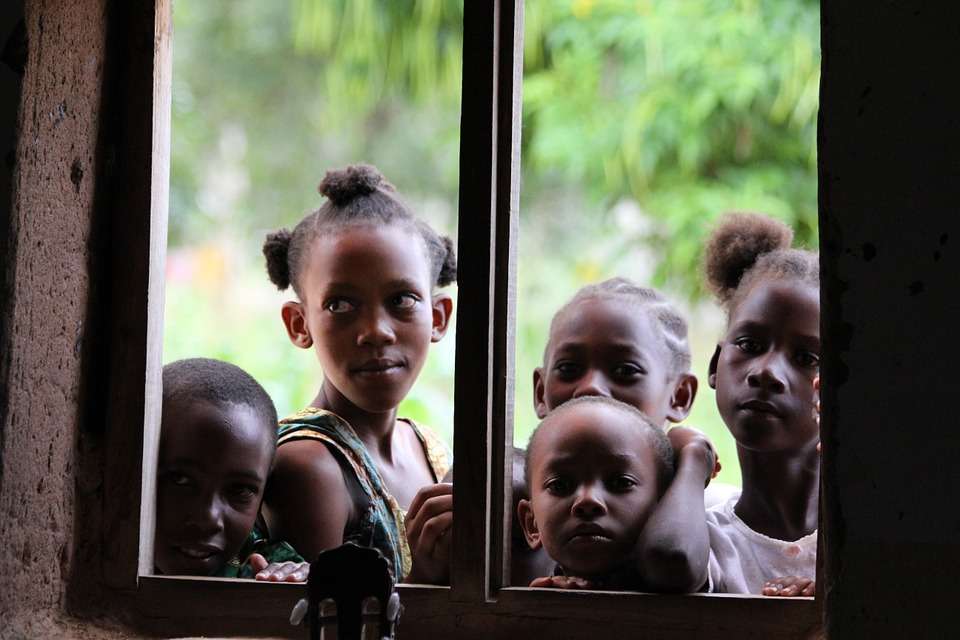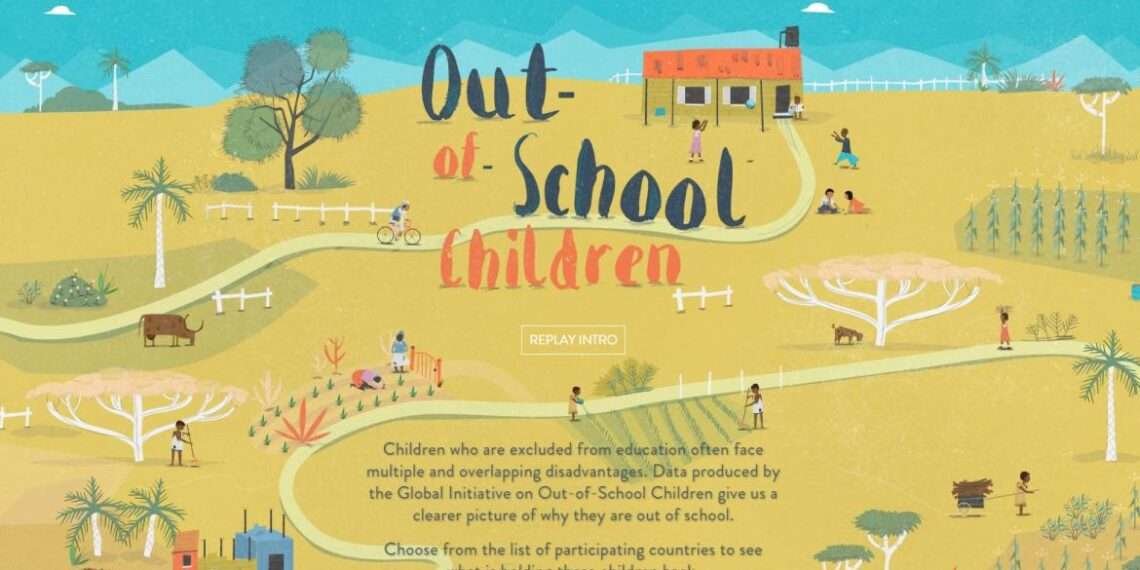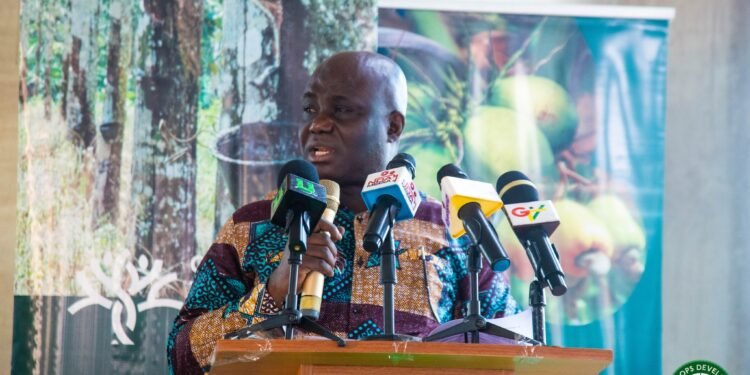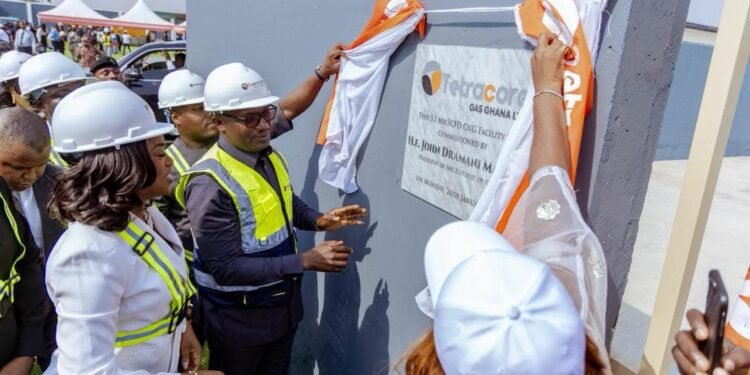Ghana’s unwavering dedication to ensuring that every child has access to quality education is not just a noble goal, but a crucial investment in the future of the nation. As the government of Ghana takes proactive steps to improve educational infrastructure, enhance teacher training, and expand access to educational resources, it is clear that it recognizes the transformative power of education in shaping the lives of individuals and the prosperity of the nation as a whole.
In a significant stride towards ensuring universal education, Deputy Minister for Education Rev. John Ntim Fordjour recently announced the government’s ambitious target to return 10,000 out-of-school children to classrooms by the end of 2024. This initiative unveiled at the “High-Level Conference on Tackling the Out-of-School Challenge in West Africa: Research Evidence to Drive Action and Investment,” represents a pivotal moment in Ghana’s ongoing efforts to provide quality education for all its children.
“Last year alone, 3,000 out-of-school children were brought back to school through the Complementary Education Agency (CEA). This year, we are targeting 10,000 children by the close of the year. We also have another programme running, the Ghana Education Outcome Project (GEOP), which is targeting 70,000 children to reintegrate them back into school and give them the skills needed to thrive,”
Rev. John Ntim Fordjour, Deputy Minister for Education
Rev. Fordjour’s address highlighted a distressing reality: 1.2 million Ghanaian children are currently out of school. This statistic is a stark reminder of the challenges the nation faces in its educational sector.
Since 2017, Ghana’s government has been steadfast in its commitment to education. Over the past seven years, more than 1,132 educational infrastructures have been constructed, spanning from kindergartens to higher education institutions. This infrastructural development has significantly boosted school enrollment and learning conditions, contributing to a gross pre-primary enrollment rate of 100 percent—an achievement few countries can claim.
Rev. Fordjour’s emphasis on the importance of addressing the out-of-school challenge is well-founded. “We cannot have a holistic education and be proud of what we have achieved within the Ministry of Education if we don’t tackle out-of-school children,” he stated. His words resonate deeply, reflecting a broader understanding that true educational progress cannot leave any child behind.
Urgent Call to Invest in Education

Dr. James Natia Adam, Research Technical Lead at Associates For Change, echoed these sentiments, urging West African governments to allocate at least five percent of their Gross Domestic Product (GDP) to educational initiatives. This recommendation highlights the critical need for substantial investment in education to address the burgeoning numbers of out-of-school children across the sub-region.
“When governments in the sub-region increase their investments to support out-of-school initiatives and programmes, it can help address the issues that we are faced with. For instance, if the Government of Ghana adequately supports the CEA, it may also be able to work in partnership with education innovators to carry on with accelerated education programmes to support out-of-school children,”
Dr. James Natia Adam, Research Technical Lead at Associates For Change
Global statistics from UNESCO paint a grim picture: 244 million children and youth between the ages of six and 18 are out of school, with 40 percent of these in sub-Saharan Africa. This alarming figure underscores the urgency of targeted educational programs and the need for collaborative efforts among governments, educational bodies, and international organizations.
Moreover, the focus on accelerated education programs is particularly noteworthy. These programs are designed to provide fast-tracked learning opportunities for children who have missed out on formal education, enabling them to catch up with their peers. This approach not only addresses immediate educational gaps but also provides long-term benefits by empowering children with the skills and knowledge they need to succeed.
As Ghana continues to implement these initiatives, the broader educational landscape stands to benefit. The government’s commitment to building educational infrastructure, coupled with targeted reintegration programs, sets a powerful precedent. By investing in the education of its children, Ghana is investing in its future—one where every child has the opportunity to learn, grow, and contribute to the nation’s development.
Ghana’s efforts to tackle the out-of-school challenge exemplify a robust and multifaceted approach to education reform. The government’s commitment, as articulated by Rev. Fordjour, is a beacon of hope for the millions of children still out of school. It is a call to action for other nations to prioritize education and to recognize that the future prosperity of any country lies in the education and empowerment of its youngest citizens. As these initiatives continue to unfold, Ghana stands as a testament to the transformative power of education in shaping a brighter, more inclusive future for all.























